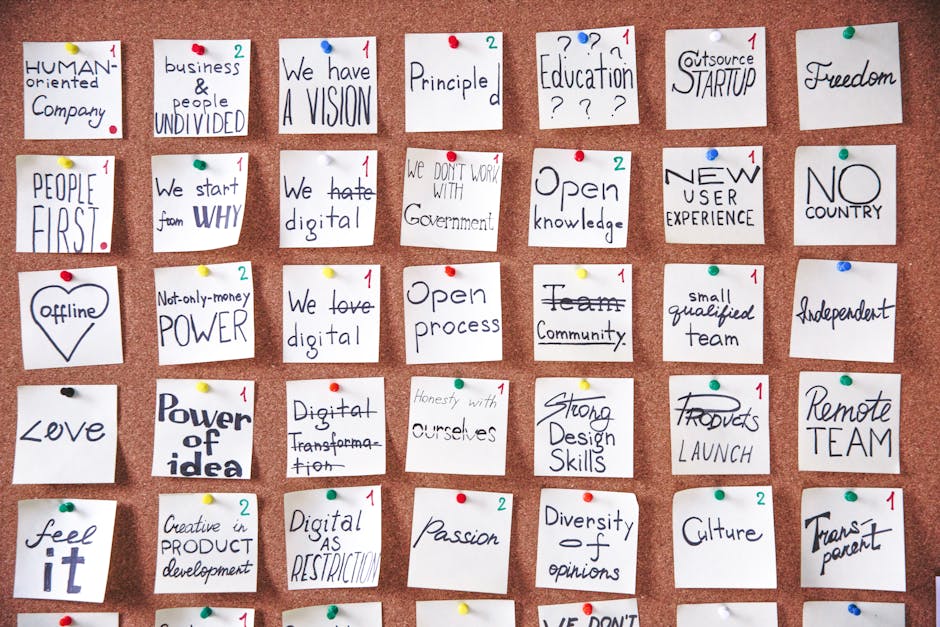Elevating Leadership: A Guide to Professional Development for Managers
As a manager, your role extends beyond task management to fostering a positive work culture and motivating your team. Achieving excellence in leadership requires a commitment to personal growth through setting and achieving professional development goals. This not only benefits you but also impacts your entire organization positively.
The Importance of Professional Development Goals
While you focus on helping your team meet their objectives, it’s crucial to remember that your own growth is key to being an effective leader. Reflecting on and taking action towards your personal goals is essential for business executives looking to bring about meaningful change.
Key Areas for Managerial Development
Effective leadership is more about managing people than operations. This year, focus on enhancing the following soft skills:
- Effective Coaching: Go beyond status updates in one-on-one sessions. Prepare thoughtful questions that encourage meaningful discussions and accountability.
- Insatiable Curiosity: Cultivate a habit of asking questions and actively listening to your team to gain insights and lead better.
- Active Listening: Practice reflection by repeating back what you hear, ensuring understanding and facilitating clear communication.
Getting Team Buy-In
Introducing change requires team buy-in, which means considering your employees’ opinions before making decisions. This approach not only prevents objections but also identifies areas for improvement and potential leaders.
Fostering a Multiplier Mindset
Focus on resolving issues that affect multiple team members to enhance overall productivity. This multiplier mindset helps unlock team strengths and achieve collective goals.
The Impact of Managerial Mood
Your mood significantly influences your team. Positive emotions like eagerness and passion can enhance team performance, while stress can spread negativity. Consider using tools like Traqq to monitor and manage your work time effectively, ensuring you maintain a balanced outlook.
Developing a Growth Mindset
Embrace continuous learning and develop a growth mindset. Engage in regular reading and discussions to gain new perspectives and inspire your team to excel.
Identifying and Promoting Future Leaders
Recognize potential leaders within your team and invest in their development through regular feedback and leadership training. Promote individuals based on their alignment with company values and leadership potential.
Setting and Achieving Professional Development Goals
Work with your human resources department to create a personalized professional development plan. Setting specific, actionable goals aligned with organizational objectives can drive both individual and team growth.
Research from Wharton shows that promoting from within is cost-effective and beneficial. By establishing long-term goals, you can set yourself and your team up for future success, leveraging your brain’s natural inclination to focus on challenging objectives.
Your commitment to professional growth not only enhances your capabilities but also inspires your team to exceed expectations, driving organizational success. By prioritizing your development, you reflect the value you place on your work and the growth of your organization.
As you make decisions, remember you’re leading your team with you. We hope the insights shared in this article empower you to lead transformative change within your organization.





